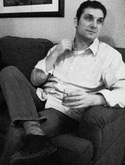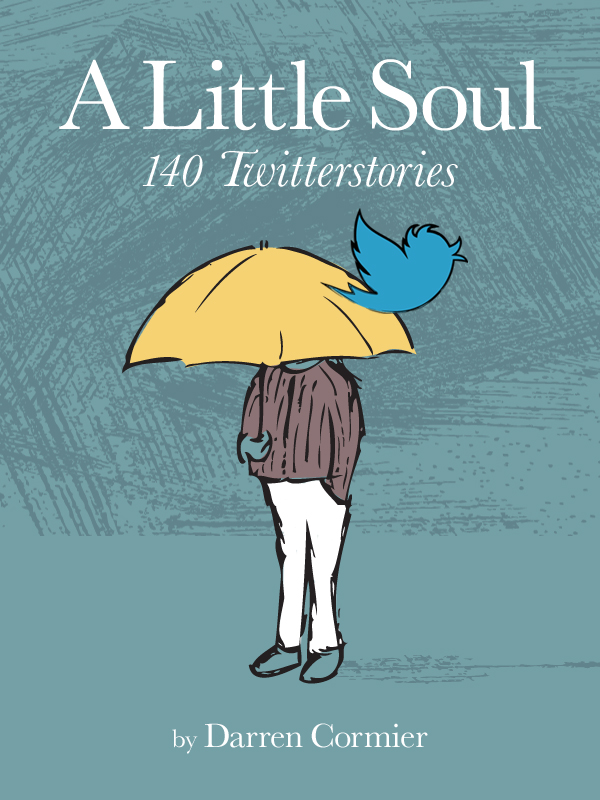"Perhaps I am no more than 47 or 48," the narrator explains. "I am certain that I once attempted to keep a makeshift accounting, possibly of the months, but surely at least of the seasons. But I do not even remember any longer when it was that I understood I had already since lost track."
David Foster Wallace wrote that Markson was direly underappreciated and wrote that Wittgenstein's Mistress was "quite possibly the high point of experimental literature in this country." I would go one step further and claim that Markson was perhaps the high point of experimental literature. Period. (For the record, I have not read Wittgenstein's Mistress, but I have read This Is Not a Novel and Reader's Block, and I can't imagine that Mistress eclipses those by a terribly large margin. It is the novel where he began what became his late career fragmentary, experimental style.) In 2007 he was honored by the American Academy of Arts and Letters. That same year New York Magazine called him "the best writer you never heard of."
A year and a half ago I was attending a writer's conference in Chicago. One of the workshops on the agenda was a tribute to David Markson, which I had checked off on my giant conference booklet as one of the lectures I wanted to attend. I decided at the last minute not to attend as there were other more career-appropriate lectures for me at that point: how to go about applying for a grant, or how to write a query letter, or how to go about getting flash fiction pieces published. At that point I also had not completed This is Not a Novel and had not yet read Reader's Block. Had I known that the man who reinvented what was possible with a novel would pass away less than two years later I most certainly would have said, "Career be damned! This is David Markson." I have very few regrets in my life, but I can add my skipping of that lecture to that short list.
My remembrance of Markson's life as a writer and his work cannot match one of the tributes I read to him earlier today. As such, I will let journalist Sarah Weinman's much more eloquent words speak for me:
"Others will chime in with more reasoned and coherent essays on what Markson meant for American literature, and I'll link to those as I do to other missives below once they come in. But I got to know the writer's work, and later on, a little bit, the man, through his earliest output, a couple of entertaining and erudite crime novels featuring a scamp of a private detective named Harry Fannin. I'd read THIS IS NOT A NOVEL and had been excited and blown away, and just weeks later I was assigned to write my very first piece for the Los Angeles Times - a double review of those two Fannin novels, EPITAPH FOR A TRAMP and EPITAPH FOR A DEAD BEAT...
"After that review he got in touch with me - oddly enough by email, through a friend, since he did not own a computer - and we corresponded a little, by postcard and letter. I'd see him at the Strand Bookstore sometimes, one of his regular haunts, shooting the shit with the cavalcade of managers working the review copy desk in the basement...
"I saw Markson last at the public memorial for David Foster Wallace. I hadn't seen him around for several months and asked after him and his health. But the answer, at least to me, was obvious. He was more frail. He didn't have to articulate his sadness over Wallace's suicide, that a much-younger man with prodigious talent had died too soon, and that it was a far different feeling from watching friends your own age pass on. A thought passed through my head that Markson might not be around much longer and I should get back in touch, lest the inevitable catch me off-guard. Like many good intentions, it wasn't acted upon."
 RSS Feed
RSS Feed

